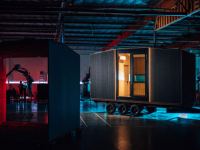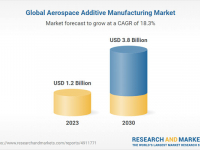
November 29, 2018
It’s no surprise why the $400 billion medical device industry is booming. Worldwide, average life expectancy is increasing year after year, mainly due to advancements in biomedical technology improving patient outcomes and reducing hospital stays. The increasing elderly population combined with ongoing healthcare improvements in emerging nations ensures that the medical device market will continue to grow.
Despite these increased opportunities, medical device manufacturers have their own unique challenges. Competition, of course, is fierce from both domestic and international providers. First-mover status may bring you important competitive advantages, such as brand recognition and market share, but the pace at which technology is evolving can erode the benefits of that status very quickly. Newcomers with equivalent, but cheaper and more technologically advanced devices, have the opportunity to displace your products and reduce your market share.
Ongoing R&D in product improvements and new product lines is therefore key to driving your continued success.
Maintaining an accurate design history is absolutely critical to comply with industry regulations. The U.S. Food & Drug Administration (FDA) takes an average of six months to review device submissions, and devices must be resubmitted for approval every time they are modified.
With this pressure to innovate quickly, many forward-thinking medical device companies are re-examining their design and manufacturing process.
Fill out the information below to download the resource.
Latest News









